‘Moons Of Darsalon’ Developer Denounces Video Game Industry: “The Modern Gaming Ecosystem Is Killing True Video Games”
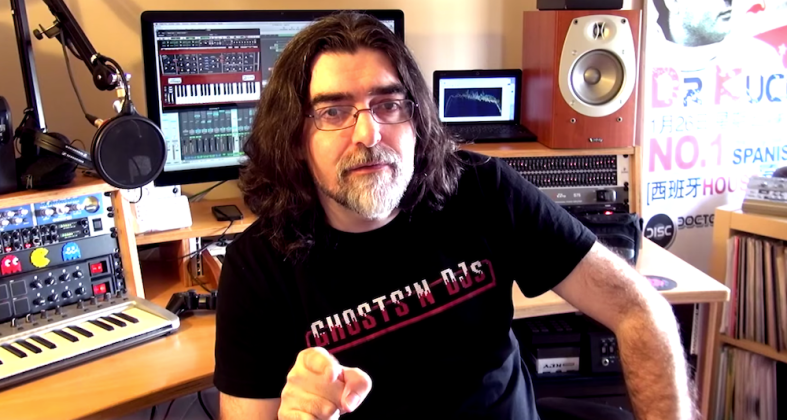
Moons of Darsalon developer Daniel Manzano denounces the video game industry for killing itself with games devoid of challenge akin to “guided tours.”
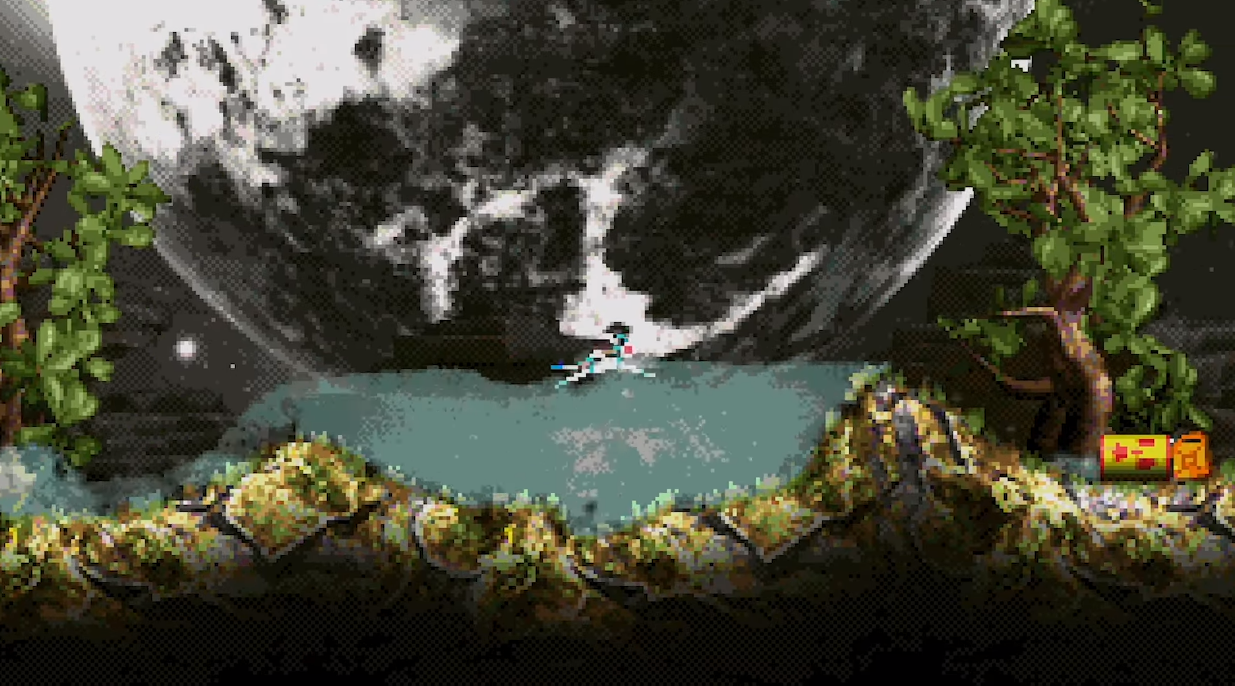
The player swims in Moons of Darsalon (2023), Dr. Kucho! Games, Astrolabe Games
RELATED: Sega Reviewing Raising Game Prices To $70 While “Keeping An Eye On Market Conditions”
In an interview with Eric Bartelson of Premortem Games, the one-man developer (Dr. Kucho! Games) discussed the positives and negatives of working solo. Manzano also talked about Moons of Darsalon, his creative process, motivation, and working with a writer on the game’s sequel.
Upon being asked what the biggest lesson he learned working on his most recent project, Moons of Darsalon, Manzano replied with a candid overview of games development. “I’ll give you three: 1. Absolutely no one, including publishers, has any idea if a video game is going to work.”
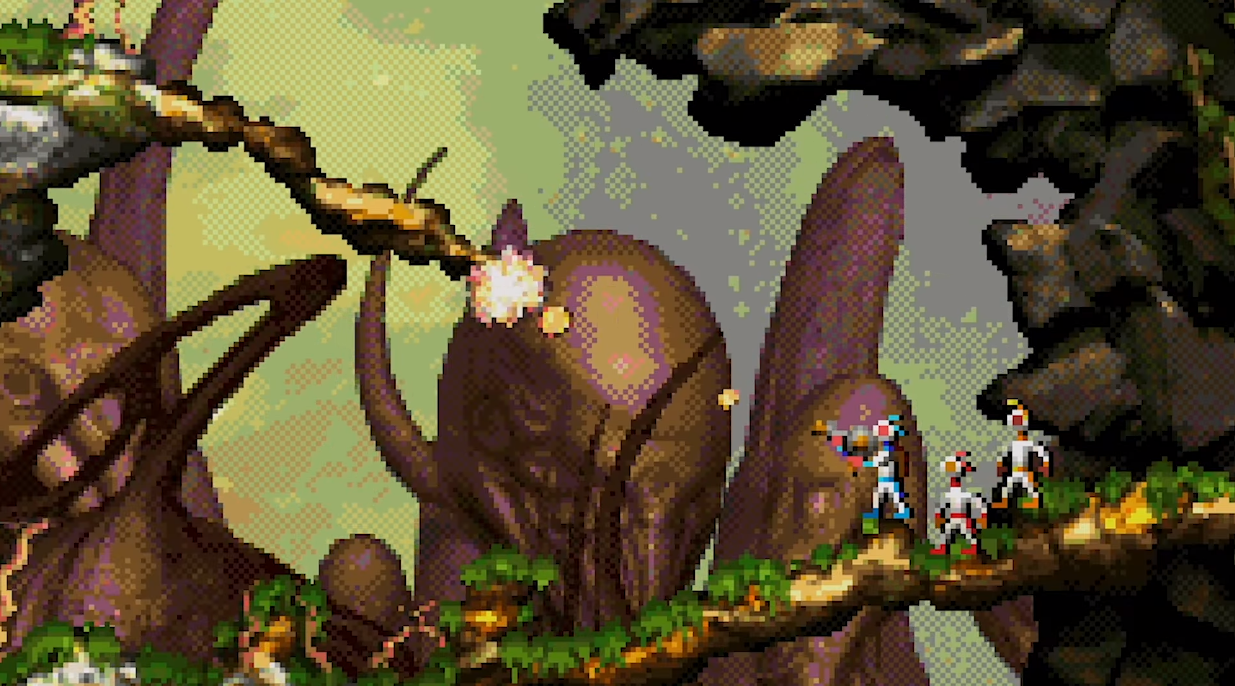
The player uses the Ground-Maker to create platforms in Moons of Darsalon (2023), Dr. Kucho! Games, Astrolabe Games
“2. Our success doesn’t depend on how good the game is, it depends on many things, but a very important and often forgotten one is your following, and following is not built suddenly, it’s worth building a following from the bottom up, with catchy but small games, and from there upwards,” Manzano recommended.
“3. The modern gaming ecosystem is killing true video games,” Manzano asserted, shifting gears to an utter condemnation of the video games industry. “To me, a video game should offer a challenge, something that you would want to replay to see how your skills are improving.”
“Actually the fun of playing video games is right there. But the modern gaming ecosystem is creating a very large group of players who see these aspects as negative,” he added.
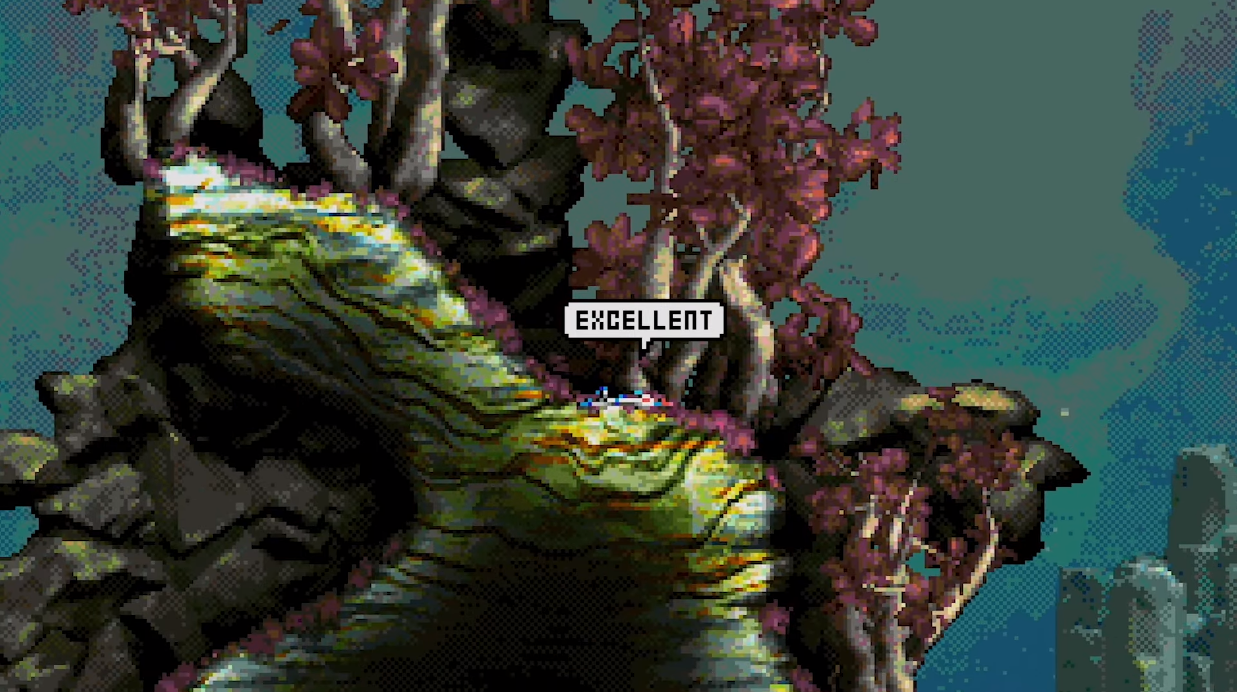
The player quips after falling flat on their face in Moons of Darsalon (2023), Dr. Kucho! Games, Astrolabe Games
Manzano elaborated, “If they fall off a cliff, they want a checkpoint at the top of the cliff; if an enemy shoots a bullet and they do absolutely nothing to avoid the bullet, they complain about the difficulty; If they have to repeat a level because they died due to playing without any caution or care, they exclaim ‘Do I have to repeat everything now!?'”
“Basically, these players don’t want a video game, they want a simulation of a video game, something that SEEMS to offer a challenge, but is actually a perfectly balanced system so that no one ever feels frustrated while at the same time no one takes any risks and there is no penalty for playing poorly,” he continued to deride that type of players.
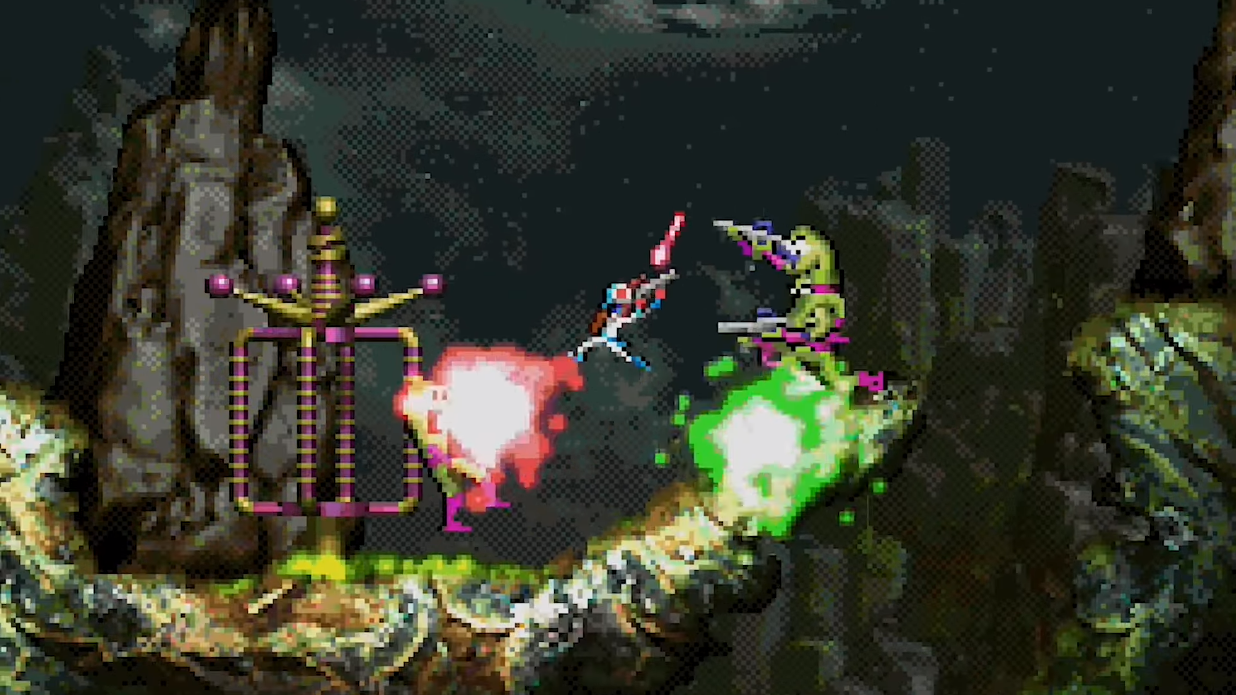
The player blasts a trio of aliens in Moons of Darsalon (2023), Dr. Kucho! Games, Astrolabe Games
RELATED: ‘Armored Core VI: Fires Of Rubicon’ Reveals First Gameplay Footage, Global Release Date
“For me, these are not games, they are GUIDED TOURS, it’s something similar to the ‘Ego tour’ offered by the company Memory Call in the movie Total Recall, it seems like an adventure but it always goes well, therefore, it’s not an adventure,” Manzano compared.
Manzano then offered an explanation on why developers are racing to the bottom when it comes to challenge. “The review system on Steam, and the fear that developers have of negative reviews, is favoring the increasing number of games of this type, and the increasing number of games of this type is melting away the little courage that gamers of today may still have.”
“And the worst part is that they are completely convinced,” he lamented.
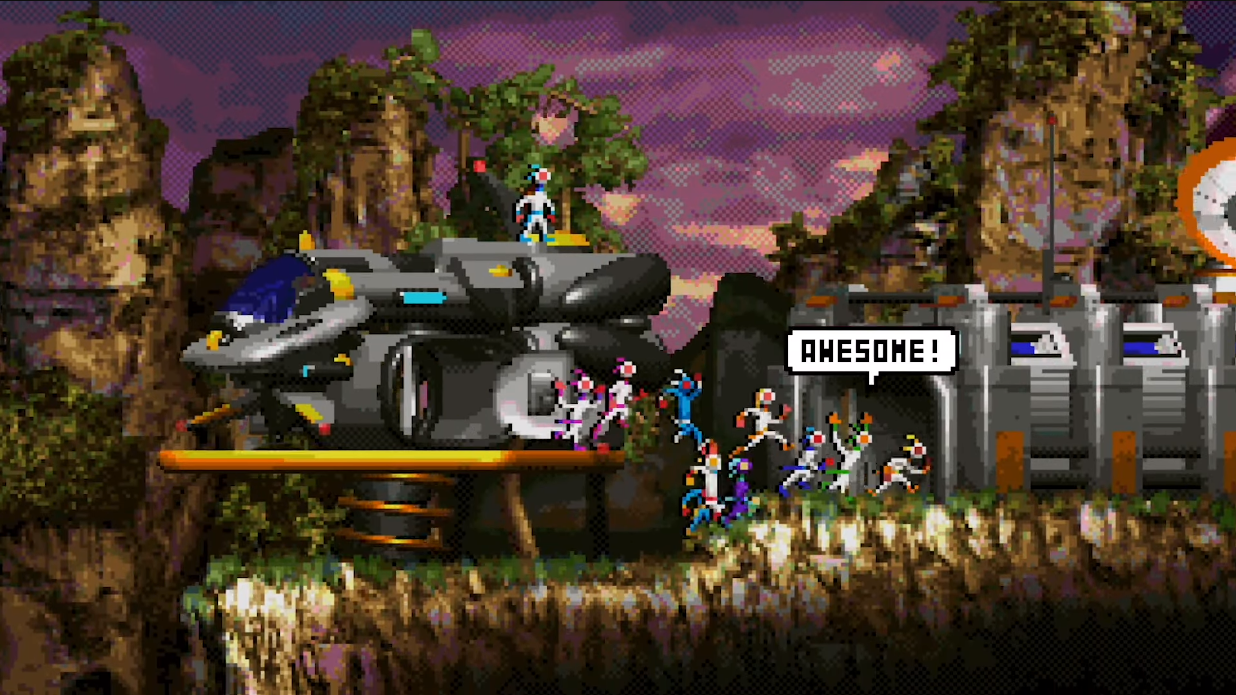
The darsanauts are returned safely to the moon base in Moons of Darsalon (2023), Dr. Kucho! Games, Astrolabe Games
“I don’t know when they became video game experts (watching movies does not makes you James Cameron), but since the rest of the games they play are extremely accommodating, when the game penalizes them, they don’t think they did something wrong, THE GAME IS WRONG!, and it’s not up for debate, it’s wrong, end of story,” the developer pointed out.
Manzano’s characterization on modern developers and players isn’t entirely different from how older games criticize games journalists and modern players. For example, the term “wider audience” or “modern audience” usually indicates to them that the developer or publisher wishes to maximize sales.
This is via minimum challenge or controversy — usually censoring or appealing to modern “safe” political messages.
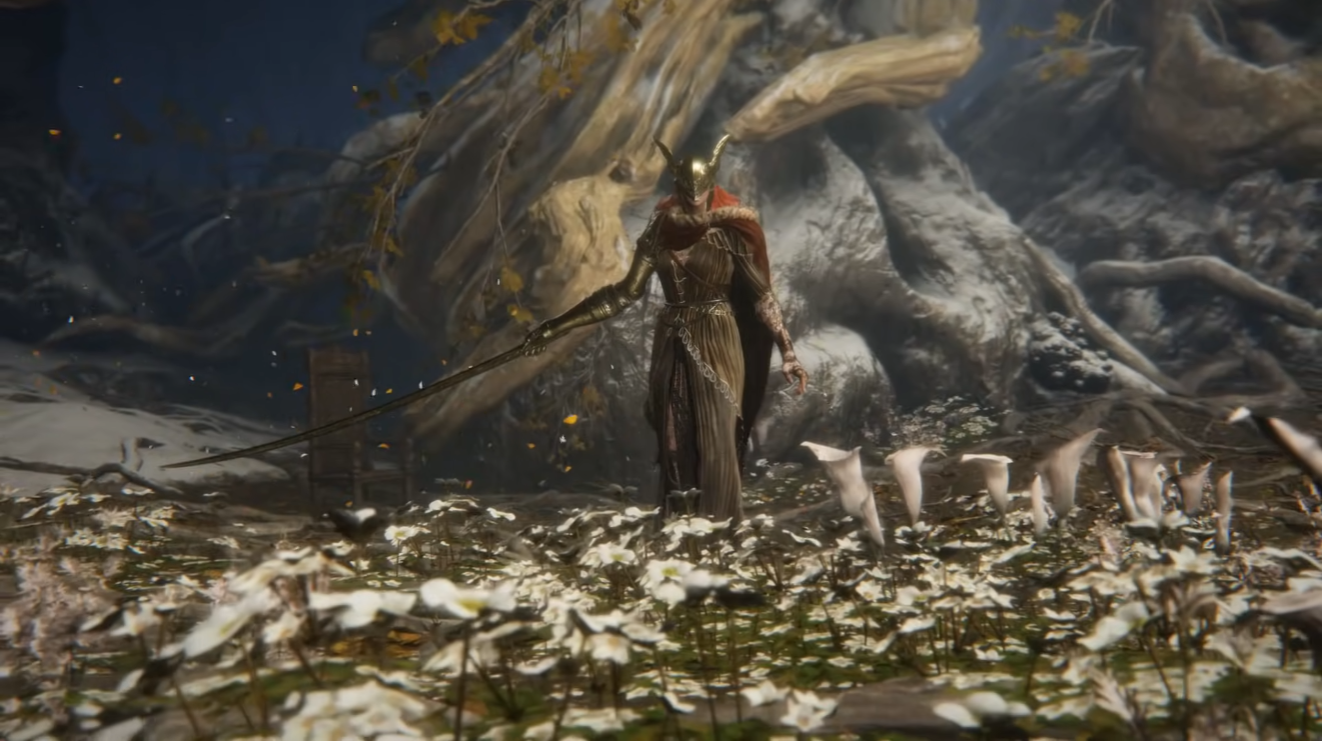
Malenia, Blade of Miquella (Pippa Bennett-Warner) readies for battle in Elden Ring (2022), Bandai Namco Entertainment
“Walking simulator” is also another insult for linear games with little to no challenge, or games built around examining an environment with no challenges at all.
As games with high challenge became popular- such as Cuphead and the “Soulsborne” subgenre- gaming outlets (including Polygon and Eurogamer) insisted such games were excluding, especially to those with physical disabilities.
Attempts to turn difficulty into an accessibility issue fell flat, as people with physical disabilities and specialized controllers beat those challenging games, those games continued to sell gangbusters, and journalists showcased a total lack of skill.
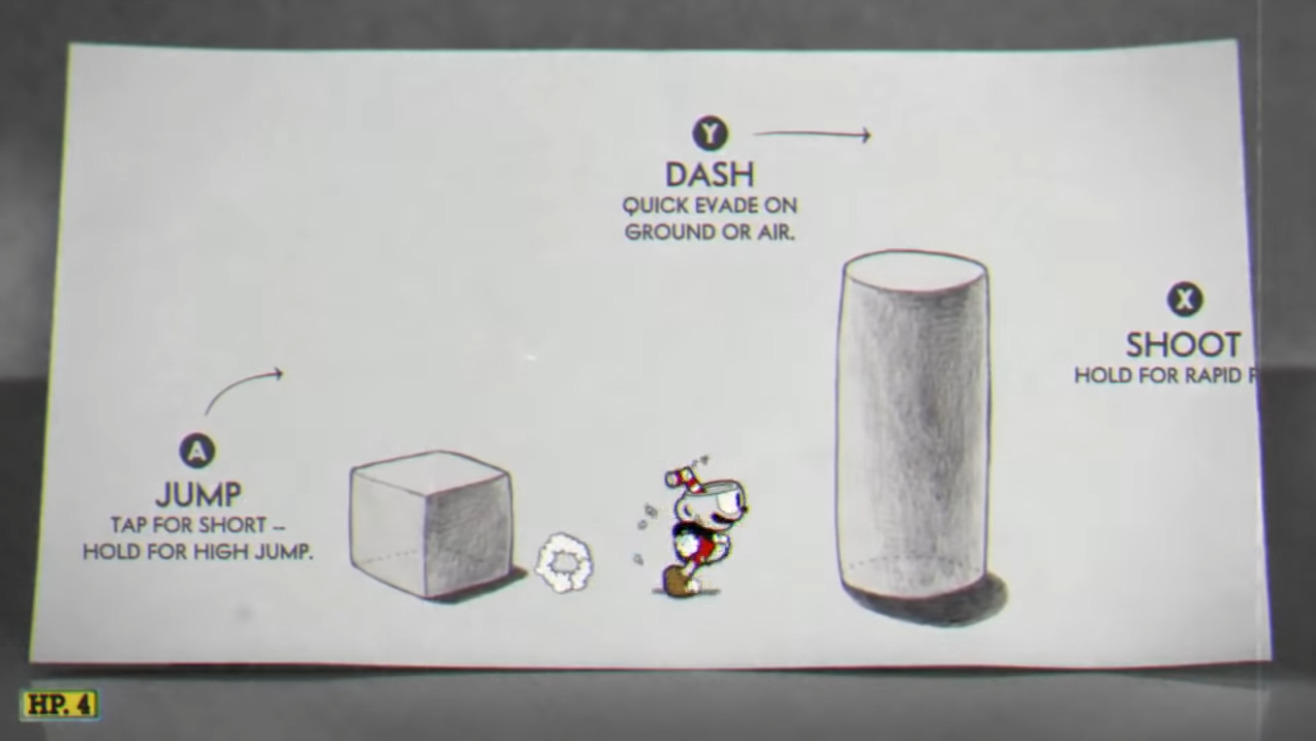
Dean Takahashi fails to beat the tutorial in Cuphead Gamescom Demo: Dean’s Shameful 26 Minutes Of Gameplay via VentureBeat, YouTube
PC Gamer’s James Davenport admitted to using mods to beat Sekiro: Shadows Die Twice, while VentureBeat’s Dean Takahashi struggled with the tutorial for Cuphead.
Some even suggest games journalists merely wanted all games to be easier for themselves.
Regardless, Elden Ring Director Hidetaka Miyazaki defied requests to make the game easier on multiple occasions. He proudly stated “we want players to enjoy overcoming challenges“, and that “it’s not something we’re willing to abandon at the moment. It’s our identity.”
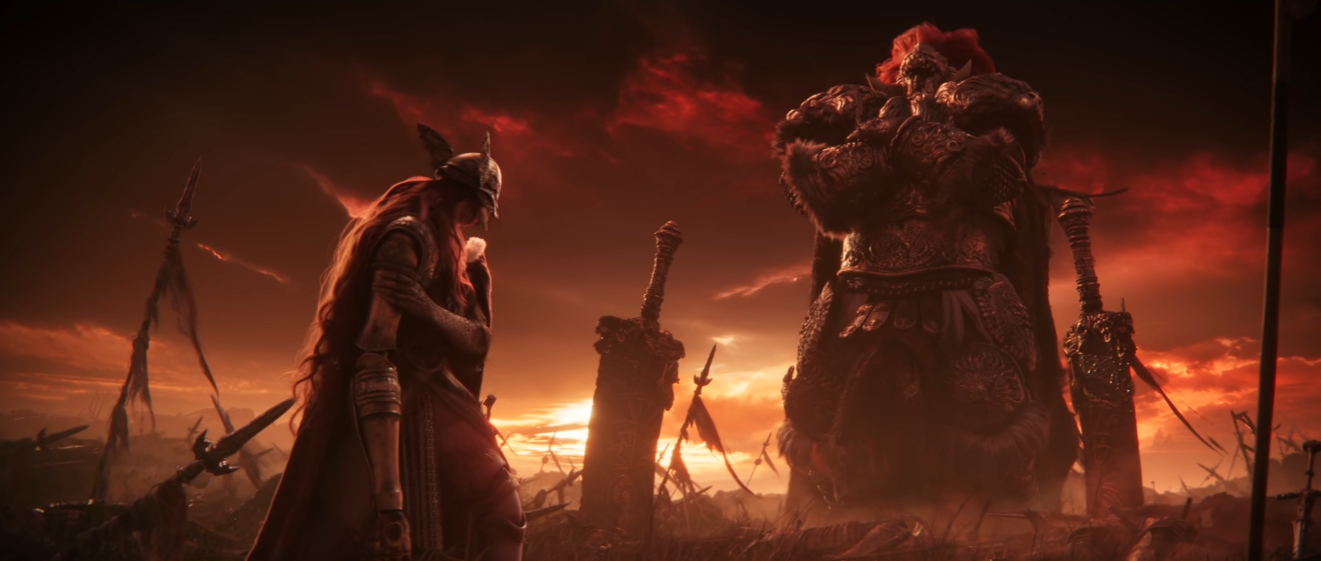
Malenia the Severed stands tall as she challenges the mighty General Radahn via Elden Ring (2022), Bandai Namco Entertainment
More About:Video Games
